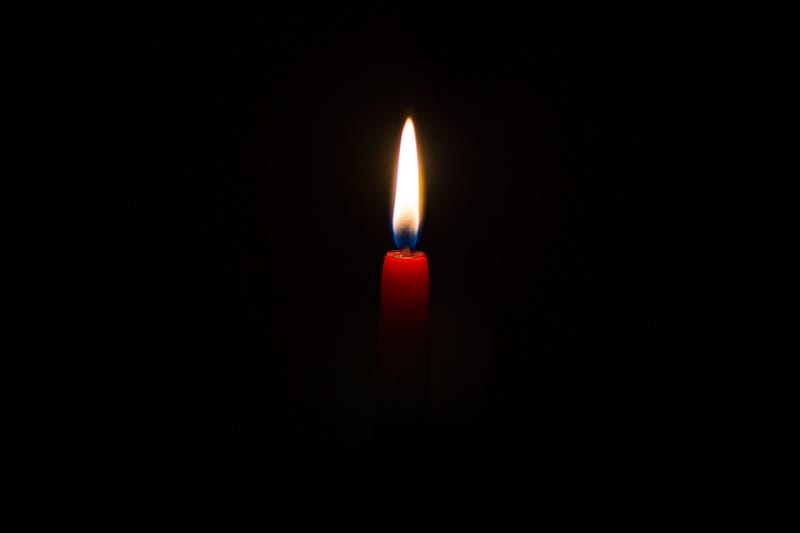A Thought About Advent

Have you ever been through a dark night of the soul? A time when there seems to be no voice from God? A time where you feel a bit rudderless and your soul is downcast? Dark nights of the soul are well attested to in the history of the Church. Many folks have experienced them. They can either destroy us or they can take us deeper in our relationship with God and his people. In today’s parlance we might call this, “deconstruction.” We question everything and doubt much. Our faith seems to be coming apart and we cannot wrap our minds or hearts around it.
With so many having this experience it makes me wonder if this is something that is a necessary part of our spiritual formation. Could it be that we need our dark nights of the soul? What if these seasons of doubt and questioning are seasons that help us become more like Jesus?
Advent has begun. We are in the weeks leading up to Christmas, the season where we celebrate the coming of the King. For many years I simply lumped Advent and Christmas together in one thing. It wasn’t until a few years ago that I began to think more deeply about the Christian calendar (and I am still learning and thinking about the various seasons) that I started to realize that my understanding of Advent was shallow or just uninformed.
I always liked Advent. It was really cool to light candles, something we Protestants don’t do much of. In the churches that I have been a part Advent meant that a different family would read the selected passage and light the candle. This is always a beautiful time, particularly if there are little ones involved. There is just something sweet about having people read Scripture. Advent was the time that the churches always looked most beautiful with the greens hung.
One thing I never really understood about Advent was why the songs we sang during that time were largely in a minor key. Musically, the minor key gives you a sense of sadness or despair or even fear. It always seemed weird to me and out of context. Everything around us seemed to counter the sound of the music. You’re singing this sad song and the church looks like it’s decorated for a party. The messages that I heard (and gave!) didn’t jive with the Advent music either. It seemed a bit disjointed.
It wasn’t until I started looking at the context of the passages for each week’s Advent reading that it hit me how much I was missing the mark in my understanding of this season of the church. Most of the readings for these weeks are from the prophets. These guys were prophesying about the coming fall of the kingdoms of Israel and Judah. Their messages were not happy. They were calling people to faithfulness or experience exile. Yet, in the midst of their preaching there were the reminders that there would be a remnant and a messiah. There would be one would come to set things right. One who would embody faithfulness and bring the people of God out of their exile. Yes there was hope but it was a hope in the context of sadness and heartbreak.
Prior to Jesus’ birth, the people of God were experiencing a period of silence from God. This period had lasted 400 years! The whole of the people of God were experiencing a dark night of the soul. There were many who tried in their own power to become the messiah, but they inevitably failed. I am beginning to understand that Advent is when we remember this time. We remember this time of darkness. It is a time when we recall the reality that there was a time when God was apparently silent.
Darkness.
Silence.
Separation.
Exile.
These are the words that mark Advent. Each week we light another candle. Each week the light begins to break through it begins to win. Until that day, Christmas, when the light defeats darkness completely and we celebrate to coming of the King!
I wonder if many of us experience debilitating dark night’s of the soul and deconstruction because we are out of rhythm? Could it be that by lumping Advent in together with Christmas we lose an opportunity to wrestle through the darkness? I have begun to think that Advent is critical in our faith formation to have a time each year where we wrestle with the brokenness of ourselves, our communities, and the world. What if each year we stepped into the darkness of Advent and questioned, doubted, wondered, and wrestled with God? Could we avoid the crushing weight of a major dark night or deconstruction?
This year, I am trying to embrace the darkness and quiet of Advent. I am using it as a time to evaluate my heart and soul. To seek God and ask how do I need to become more like Jesus? Where am I falling short? How am I embodying the darkness instead of the light?
The darkness of Advent is necessary so that we can see more clearly the light of Christmas.